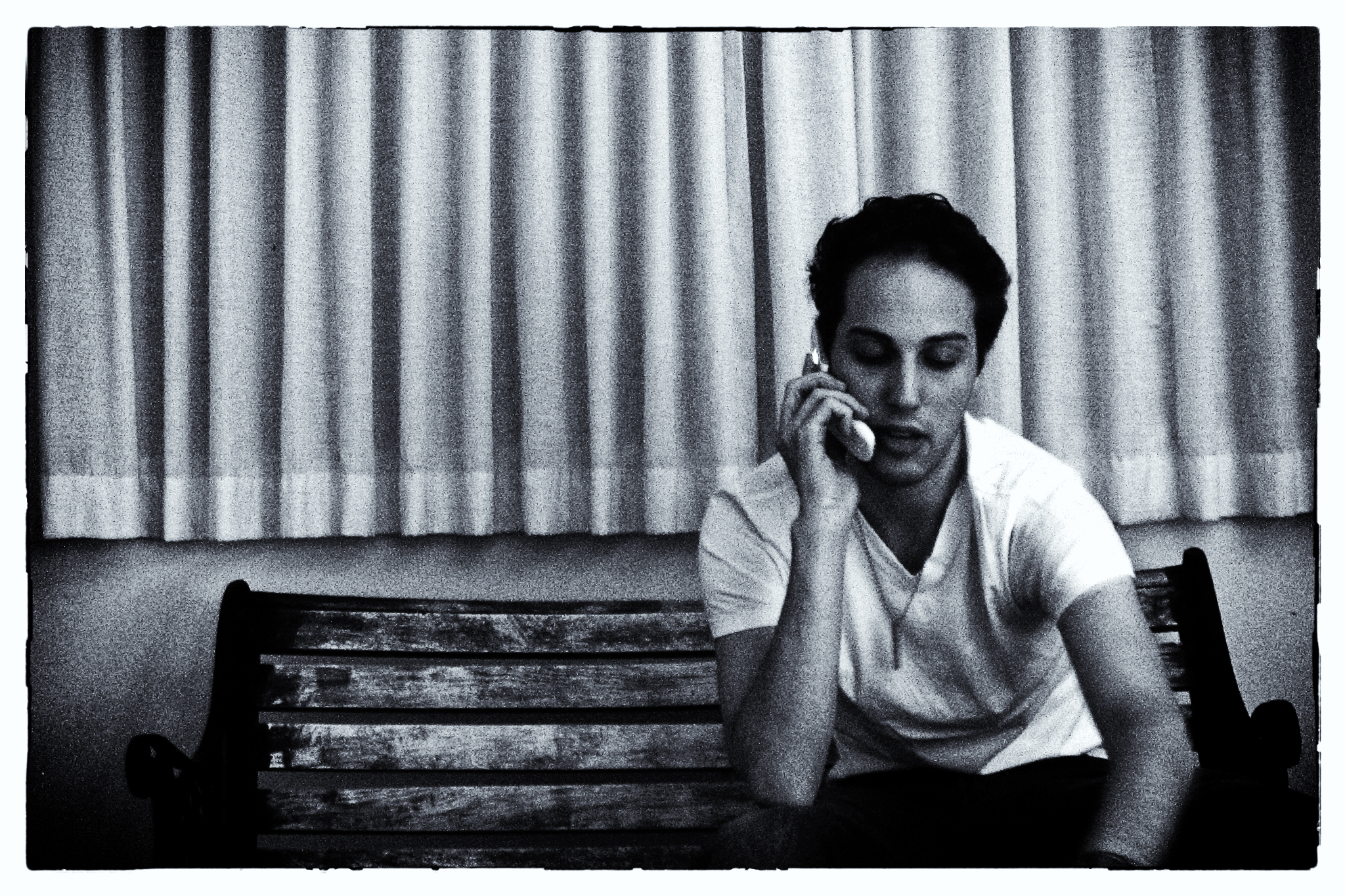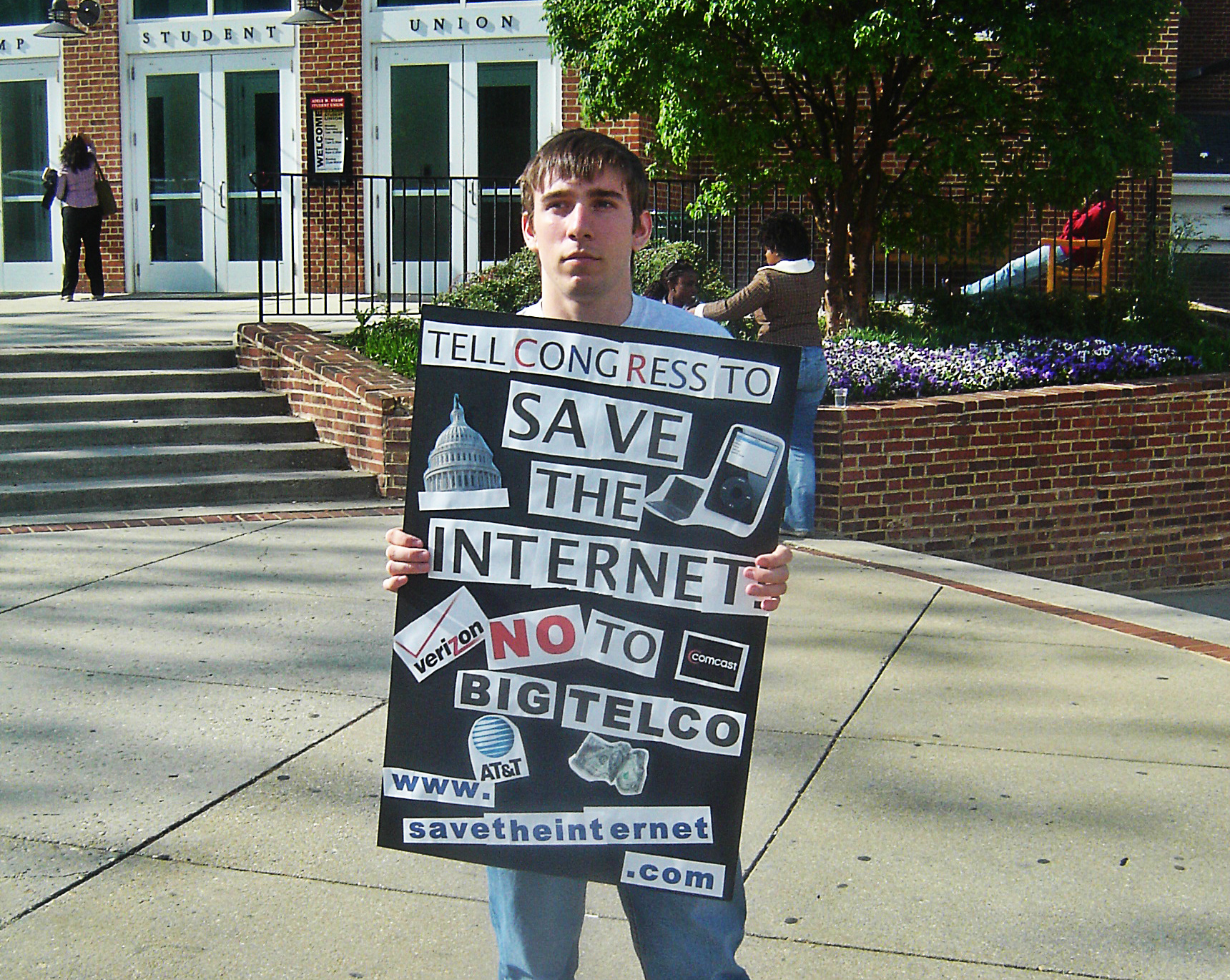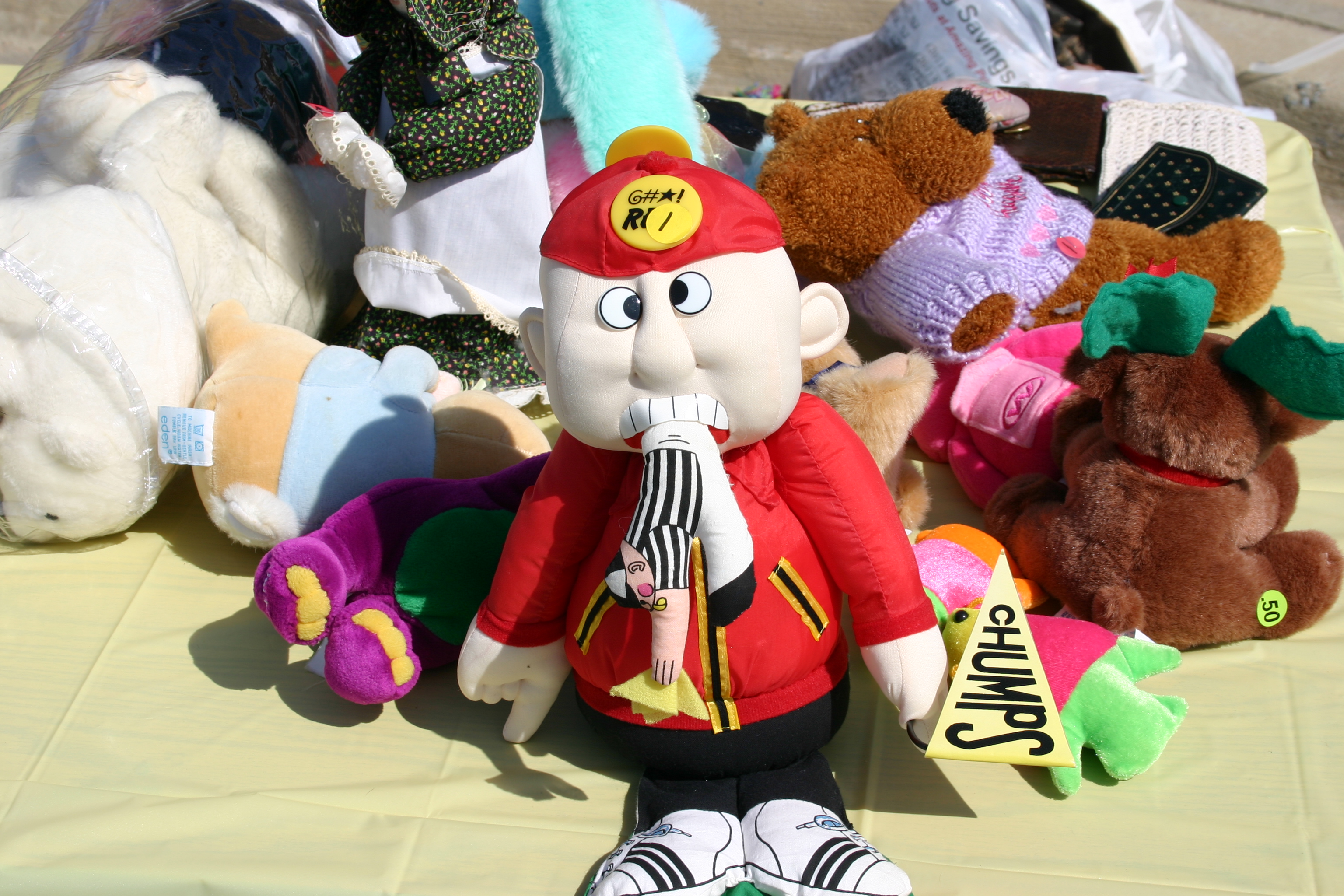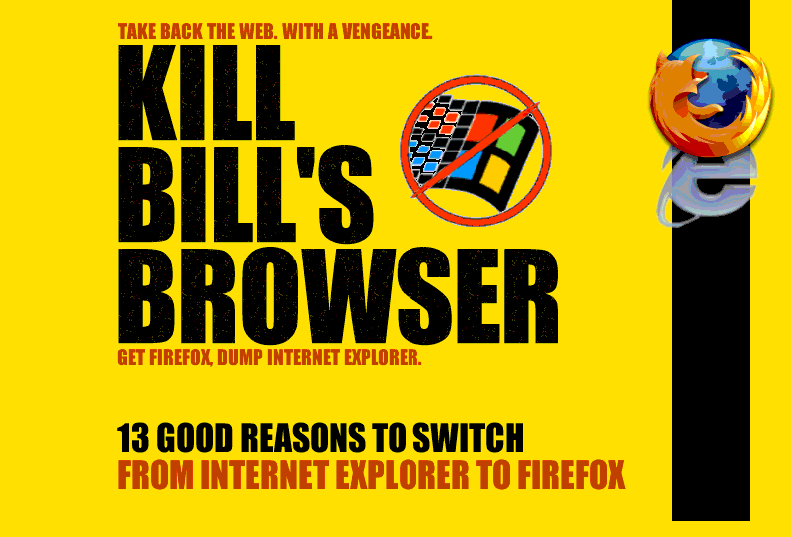Ah, the power of the single voice, amplified by the reach of the World Wide Web. Today’s New York Times story, “AOL Said, ‘If You Leave Me I’ll Do Something Crazy’“, once again highlights the power of the Web, particularly Weblogs or content-sharing sites like YouTube. Randall Stross’ story is also a tell-tale account of how difficult can be account cancellation.
The story starts with a Bronx man’s 21-minute phone call seeking to cancel his AOL account: “Vincent Ferrari, 30, of the Bronx…recorded the five minutes of interaction with the AOL customer service representative and, a week later, posted the audio file on his blog, Insignificant Thoughts. Shortly thereafter, those five minutes became the online equivalent of a top-of-the-charts single”.







